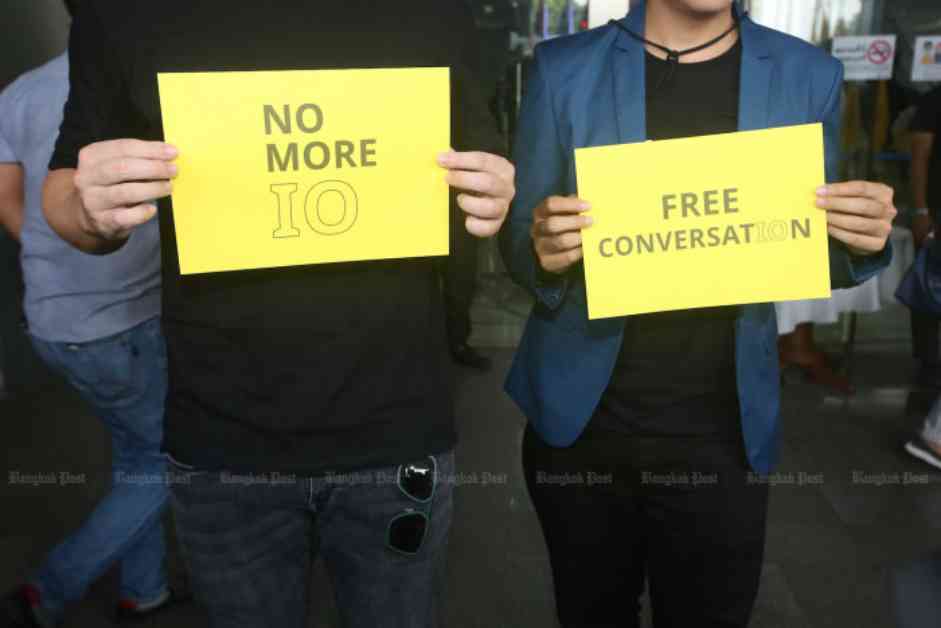The army ain’t really into doing online military-style information-influencing operations (IO), but they have been dishing out facts to correct misleading information on social media, according to Maj Gen Winthai Suwaree. He spilled the beans during a chit-chat about the state’s use of social media at a meeting of the House Committee on National Security, Border Affairs, National Strategy, and Reform. Other big shots from agencies like the Office of Policy and Planning, Internal Security Operations Command, and Royal Thai Police also showed up to clear the air on their roles in the alleged use of IO, also known as “coordinated inauthentic behaviour”.
People’s Party deputy leader Rangsiman Rome, the committee chairman, said IO ain’t nothing new since the days of Gen Prayut Chan-o-cha’s coup regime. Back then, IO tactics were used against activists, academics, and politicians, but Facebook took them down. Despite hopes that these shenanigans would stop under the current civilian-led government, Mr. Rangsiman claimed they’ve only gotten more aggressive, which ain’t cool at all.
He wasn’t really sure why this matters, but he mentioned that the state’s use of IO ain’t just targeting opposition parties, but also folks within the government itself. He was all about not using taxpayers’ money to spread fake news or hate speech online, because that just causes division among people. And hey, that’s not what the military is supposed to be about, right? National unity all the way!
He pointed out that IO might make sense in military conflicts between nations, but using it on Thai citizens as enemies messes with national security. It also makes it harder to deal with real threats like drug trafficking. In response, Maj Gen Winthai was like, “Hold up! We ain’t doing IO like that, folks.” He explained that while “IO” is a term used in military circles worldwide, the Thai army sticks to regular communication tools, especially online, to correct misinformation and help folks understand. And they do it out in the open, no secrets here.
If they find content that’s not accurate or just plain inappropriate, they can use legal tools like the Computer Crime Act or defamation laws to handle it. And you know what? They might keep an eye on politicians or academics because of how much influence they have. But hey, that’s just part of the game, right?
Overall, the army’s stance is all about setting the record straight and making sure folks are on the same page. Whether you buy into that or not, it’s up to you. But one thing’s for sure – the army ain’t messing around when it comes to misinformation and public understanding. So, take it or leave it, that’s how the cookie crumbles.




















